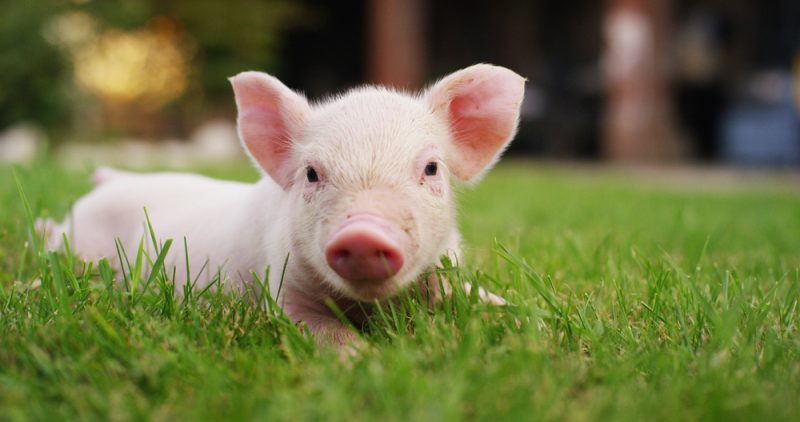
(Lacy Schley/ Discover) — Ah, to live in a world where we can crank out custom-made organs to meet supply. No need for donors or years-long waiting lists.
We’re still a ways off from that organ utopia, but we’re at least a little closer to bioengineered lungs becoming a reality. On Wednesday, researchers from the University of Texas Medical Branch published a paper announcing they’d successfully transplanted artificially grown lungs into four adult pigs without any complications.
In the past, experts had a hard time getting these sorts of transplants to take. They often failed within hours of surgery. But in this case, the lungs lasted at least a month, and in some cases longer.
The team, led by Joan Nichols and Joaquin Cortiella, built on previous work published in 2016, when they announced they’d bioengineered a human lung in the lab.
Now, we know that a transplant is more likely to be viable in humans someday, thanks to this pig model.
To start, the group created scaffolds upon which to build the organs. They used lungs from already dead pigs and stripped the organs of blood and tissue cells, leaving behind a bare-bones framework of proteins. They also collected lung cells from the same pigs that would later receive transplants. (…)